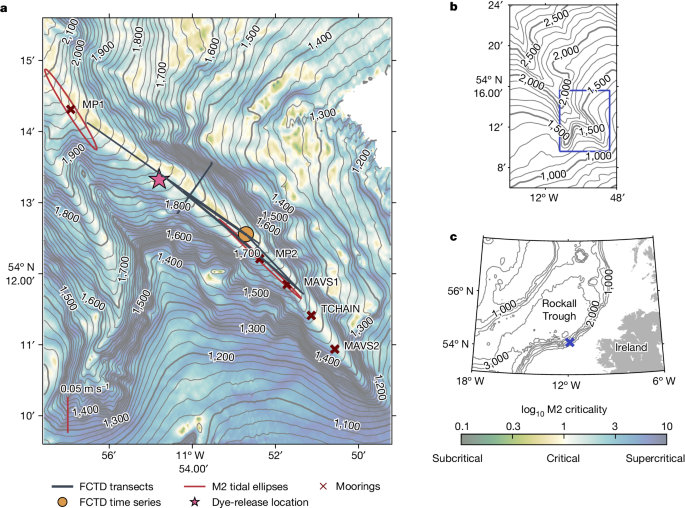2024-07-09 スイス連邦工科大学ローザンヌ校(EPFL)
<関連情報>
- https://actu.epfl.ch/news/navigating-the-labyrinth-how-ai-tackles-complex-da/
- https://www.pnas.org/doi/10.1073/pnas.2311810121
スピングラスの観点からフロー、拡散、自己回帰ニューラルネットワークを用いたサンプリング Sampling with flows, diffusion, and autoregressive neural networks from a spin-glass perspective
Davide Ghio, Yatin Dandi, Florent Krzakala, and Lenka Zdeborová
Proceedings of the National Academy of Sciences Published:June 24, 2024
DOI:https://doi.org/10.1073/pnas.2311810121

Significance
Sampling from a given probability distribution is fundamental across various disciplines, including physics, signal processing, and artificial intelligence. In recent years, the ascendancy of flow, diffusion, and autoregressive neural network methods has led to remarkable achievements. The theoretical understanding of these methods is challenging. Here, we analyze the performance of these techniques and compare to more traditional methods like Langevin dynamics and Monte Carlo Markov chains, particularly in the context of spin glass models and related inference problems. Our findings underscore that these techniques fall short in sampling specific distributions at high temperatures, a task at which conventional Monte Carlo methods succeed. In high signal-to-noise ratio inference tasks, we pinpoint regions where these techniques surpass the traditional approaches.
Abstract
Recent years witnessed the development of powerful generative models based on flows, diffusion, or autoregressive neural networks, achieving remarkable success in generating data from examples with applications in a broad range of areas. A theoretical analysis of the performance and understanding of the limitations of these methods remain, however, challenging. In this paper, we undertake a step in this direction by analyzing the efficiency of sampling by these methods on a class of problems with a known probability distribution and comparing it with the sampling performance of more traditional methods such as the Monte Carlo Markov chain and Langevin dynamics. We focus on a class of probability distribution widely studied in the statistical physics of disordered systems that relate to spin glasses, statistical inference, and constraint satisfaction problems. We leverage the fact that sampling via flow-based, diffusion-based, or autoregressive networks methods can be equivalently mapped to the analysis of a Bayes optimal denoising of a modified probability measure. Our findings demonstrate that these methods encounter difficulties in sampling stemming from the presence of a first-order phase transition along the algorithm’s denoising path. Our conclusions go both ways: We identify regions of parameters where these methods are unable to sample efficiently, while that is possible using standard Monte Carlo or Langevin approaches. We also identify regions where the opposite happens: standard approaches are inefficient while the discussed generative methods work well.



